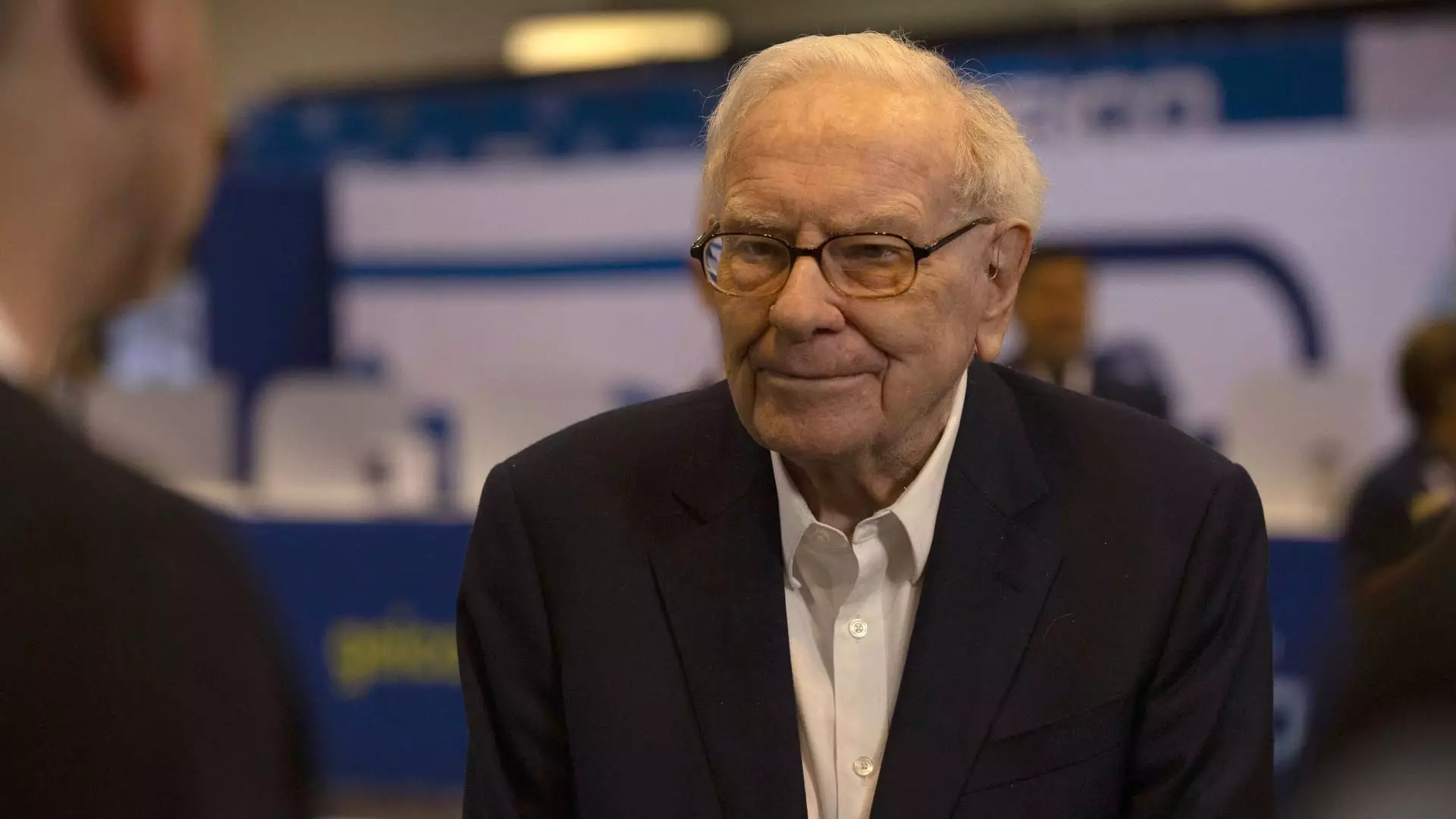Berkshire Hathaway, the multifaceted enterprise guided by the esteemed Warren Buffett, showcased a remarkable display of resilience and fortune during the fourth quarter of 2024. Documenting a staggering increase in operating earnings from its various businesses, the company credited the insurance sector as a significant catalyst of this growth. Despite challenges that included a slew of wildfires in Southern California impacting its insurance operations, the company ended the year on a financially robust note.
In the last quarter of 2024, Berkshire Hathaway’s operating profit ascended by an astonishing 71%, reaching a record $14.527 billion. This surge was attributed largely to a 302% leap in insurance underwriting revenues, which totaled $3.409 billion. The performance of the insurance division, particularly GEICO, emerged as a linchpin for the conglomerate, cushioning it against external uncertainties. Moreover, investment income from insurance policies climbed nearly 50% to hit $4.088 billion, showcasing Buffett’s mastery in navigating the turbulent financial waters.
These results demonstrate the effective management strategies employed by Berkshire, where the focus on cash flow generation and underwriting discipline pays off in times of economic flux. While it’s easy to be dazzled by the impressive numbers, it’s prudent to remember that over half of the 189 operating businesses saw declines in earnings. This paradox begs the question: how sustainable is this growth when faced with operational challenges?
Berkshire Hathaway concluded 2024 with a staggering cash balance of $334.2 billion, up from $325.2 billion in the third quarter. This extensive cash pile could be seen as a safety net in times of economic uncertainty, yet it also raises eyebrows regarding Buffett’s ability to identify viable investment opportunities. In his annual communication to shareholders, Buffett acknowledged this predicament, espousing the advantages of maintaining a significant cash reserve while ensuring that the majority of the company’s funds remain invested in equities.
Critics might argue that such a large cash reserve is emblematic of indecision; however, Buffett’s seasoned insights invite a reevaluation of this perspective. He noted that while Berkshire did pare down its stakes in marketable equities, the intrinsic value of its controlled equities—those not subjected to the whims of market volatility—remains significantly stronger. Thus, while cash on hand may appear excessive, it also provides the flexibility to capitalize when the right investment opportunities arise.
Investment gains witnessed a sharp decline, plummeting to $5.167 billion in the fourth quarter from $29.093 billion in the same period last year. This dramatic decrease starkly illustrates the vagaries of the market. Berkshire’s decision to divest a portion of its Apple holdings further complicated its investment trajectory, showcasing a more cautious approach amid fluctuating stock valuations. Buffett has always been clear that quarterly investment gains can be misleading, emphasizing a long-term perspective over short-term metric fluctuations.
This highlights a fundamental challenge for investors: understanding the nature of value creation over time. While Berkshire’s total earnings for the fourth quarter reached $19.694 billion, down 47% from the previous year, the emphasis on consistent operating profits remains paramount. It reflects a philosophy steeped in fundamentals rather than momentary market shifts.
As 2024 wrapped up, Berkshire Hathaway appeared to stand at a crossroads, faced with both great opportunities and daunting challenges. The insurance sector displayed remarkable resilience, providing a substantial cushion against adverse events like the California wildfires, which are projected to cost around $1.3 billion. Yet, as Buffett contemplates the future, questions linger regarding the sustainability of such growth in a diverse business ecosystem that exhibits both high-performing and underperforming segments.
Ultimately, Berkshire Hathaway, under Buffett’s stewardship, has shown the ability to adapt and thrive amidst fluctuating economic conditions. However, investors are left to ponder: as the market continues to evolve and uncertainties mount, how will Buffett leverage his extensive knowledge and cash positions to emerge even stronger? The answer lies in a combination of judicious investments and an unwavering commitment to operational excellence, assuring stakeholders that Berkshire remains a formidable presence in the business landscape.

